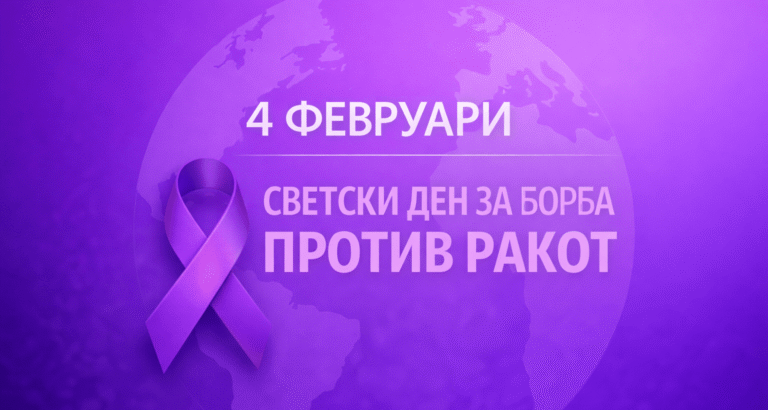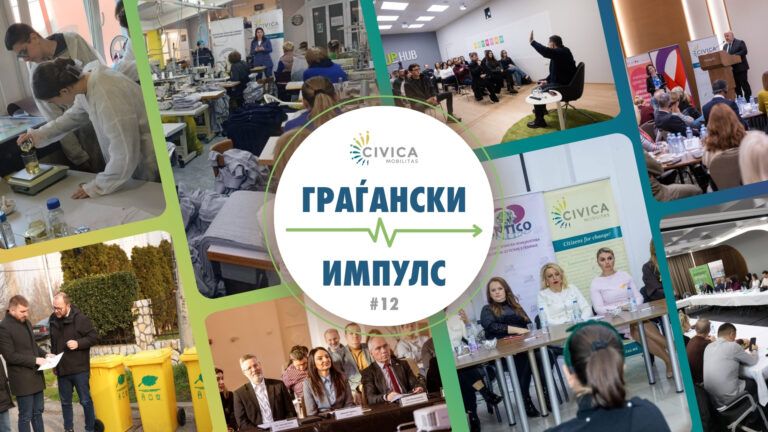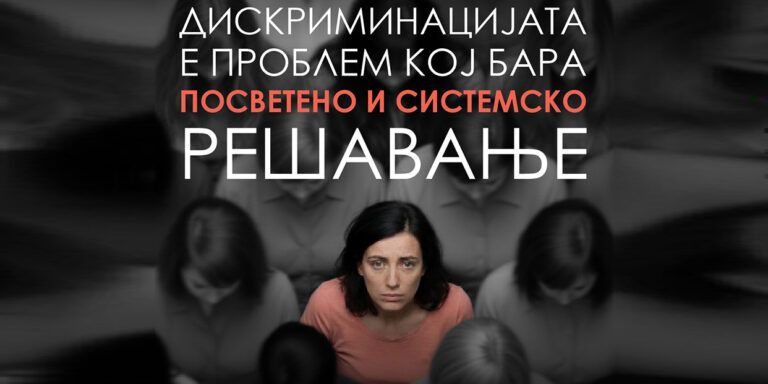Debate about the civic association aspects
Publishing of the publication “The meaning of Civic Association” of Gotye Pirot, from the University of Liege, Belgium, translated by Prof. Dr. Iljo Trajkovski for the Macedonian public, was the reason to organize the promotional round table called “Civic Association and Development”, held on 20 October 2016 at the Faculty of Philosophy in Skopje.
“In Macedonia, we link the civil society to politics and political development. From what we are going to hear today, we will see that the civil society is much more than that. The topic is actual and important not only at this moment, but it will be even more important in the future”, Trajovski said in this opening remarks.
The editor of the publication, Prof. Dr. Mileva Gurovska, stressed that there is a notable rise of civic association. “The picture of civil society in one country talks a lot about the country itself”, she said.
Prof. Dr. Snezana Trpevska, from the Institute of Communication Studies, talked about the civil society and media development. According to her, the media and civil society have developed in parallel, but the media were absorbed by the public sphere. “The civil sector is a source of opposition, novelty, and critical mass. The media did not give a voice to these attributes. They do not initiate the critical issues that concern the citizens. On the contrary, they reinforce the politicians’ messages”, she said.
Nikica Kusenikova from Connect talked about the economic aspect of the civil society. “The civil society organizations are small entities. Almost 70% of them (out of 3938 that submitted final accounts or gave statements) have an annual budget of 2500 euro. The budgets of the organizations are 0.94% of GDP of Macedonia, or in absolute numbers, about 80 million euro. Yet, if we take into consideration that 60% are donations usually provided by foreign donors, we can conclude that the organizations have qualitatively brought to the state other incomes, which are not generated by other entities”, Kusenikova said. According to her, the civil sector employs a total number of 1897 persons, but, it has a bigger potential, especially in the area of incidental and temporary employments.
The role of civil society in rural development was discussed by Prof. Dr. Ana Kotevska from Faculty of Agriculture and Food. “The civil society organizations complement the public sector in our area, and their role is very important. In order to achieve better results, it is necessary for the farmers to be organized, and for that, we need associations, because they can strengthen the producers”, she said.
Daniela Stojanova from MCIC talked about the trust in civil society, but also about solidarity as one of the key elements of association. “Civil society organizations can and should have a view about the public policies, but very often we are afraid to mention it in order not to be misunderstood, as if the political parties had completely taken the term policy, she said.
In the discussion that followed many questions were asked. Are the civil society and the state in constant “fight”? Can the civil society be a counter power? What is the counter balance of the state power? What is the role of education? Do we teach the children to take initiatives, and to be citizens in the real sense of the word? If we avoid teaching them, we loose the power struggle forever. In such context of captured society, the civil society organizations, or some of them, are also captured in that power and become part of it.
The publication is published by the Macedonian Center for International Cooperation (МCIC) as part of the Civica Mobilitas program.
https://civicamobilitas.mk/wp-admin/post-new.php?lang=en&post_type=post&trid=1389&source_lang=mk#TB_inline?width=400&inlineId=WPSM_AC






![Sre]ni praznici(2)](https://civicamobilitas.mk/wp-content/uploads/2025/12/sreni-praznici2-768x432.jpg)
